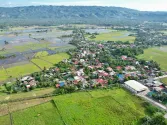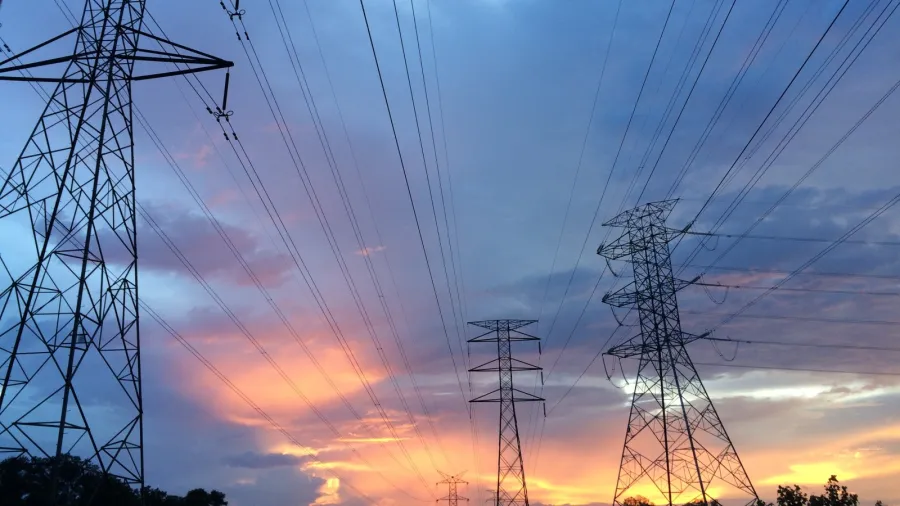
Policies, underinvestment lead the biggest threats to Asia’s grid reliability
43.9% agree that policy debates serve as a hurdle in grid operations.
Nearly 44% agreed that issues in government policies, stemming from debates over decarbonisation, are the biggest challenge for reliable grid operations and performance in Asia, Black & Veatch reported.
This is followed by underinvestment in more reliable transmission networks and insufficient energy storage capacity as cited respectively by 36.8% and 31.6% of the industry respondents in the 2022 Asia Electric Report.
“Expanding and investing in higher quality transmission and distribution systems will be required to improve the efficiency, resiliency, and reliability of supply and balance the variability of renewable sources,” Director Jerin Raj of Asia Power Transmission & Distribution, said.
“Reliable grids that can support the growth of decentralized power will help to optimize generation and enhance grid stability.”
Citing the case of Vietnam, Raj said the country reportedly restricted power by some 365 million kilowatt-hours after grids in its central provinces were overloaded.
Amongst the key issues in the improvement and development of transmission networks in the region is land acquisition and right-of-way access (37.3%), followed by the poor understanding of its integral and rising role (25.5%) as well as the lack of government policy support (19.6%).
“There is a clear need to increase awareness among government and other public stakeholders around the role of transmission in improving the effectiveness of renewable integration and achieving a successful energy transition,” Raj said.
Aside from these, other major challenges to a grid’s reliability include ageing infrastructure (26.3%), investment in network capacity that fails to keep up with demand growth (24.6%), and the introduction of too much variable renewable energy (19.3%).
Raj said as grid operations have become more complex due to a shift to more distributed and intermittent renewable plants and distributed energy resources from larger power plants, the electricity industry is called to reevaluate its system.
“These dynamics call for Asia’s electricity industry to re-evaluate transmission and distribution systems and conduct more advanced and interconnected planning and design across these systems,” he said.
“Partnering with industry leaders experienced with every aspect in the lifecycle of projects from early financing through to commercial operation will be key to expanding Asia’s transmission networks for renewable integration success.”
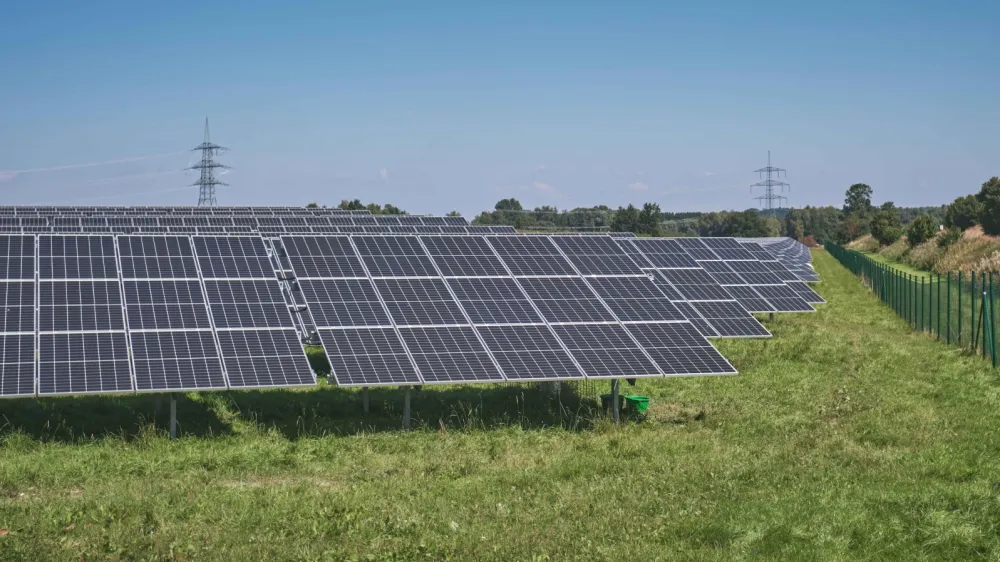

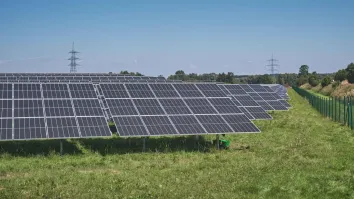


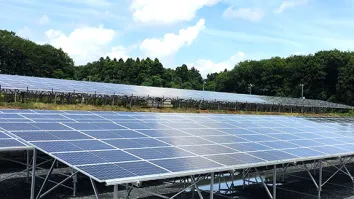













 Advertise
Advertise


